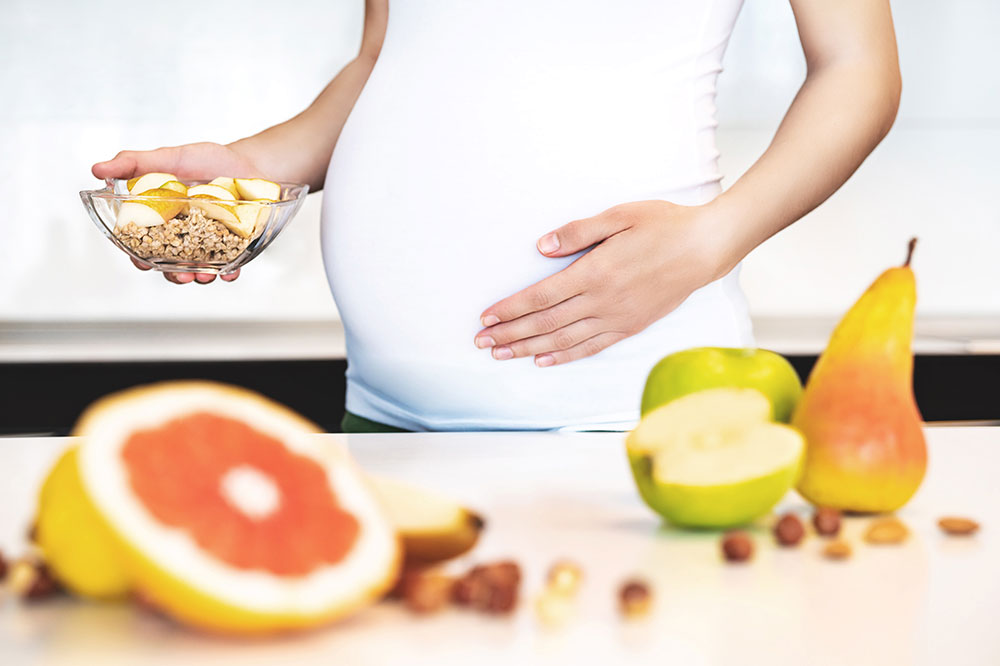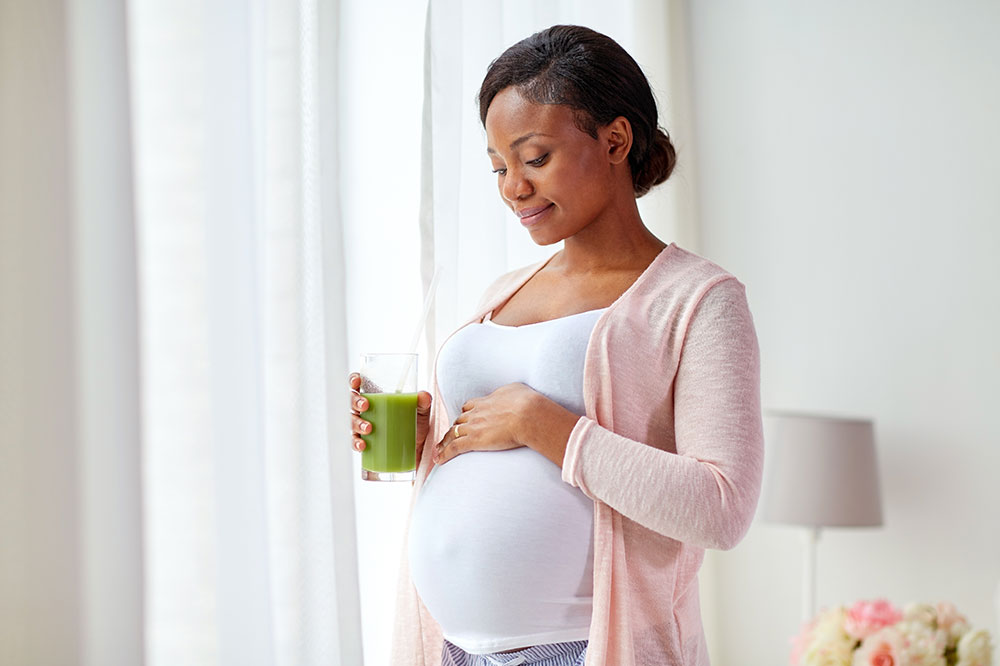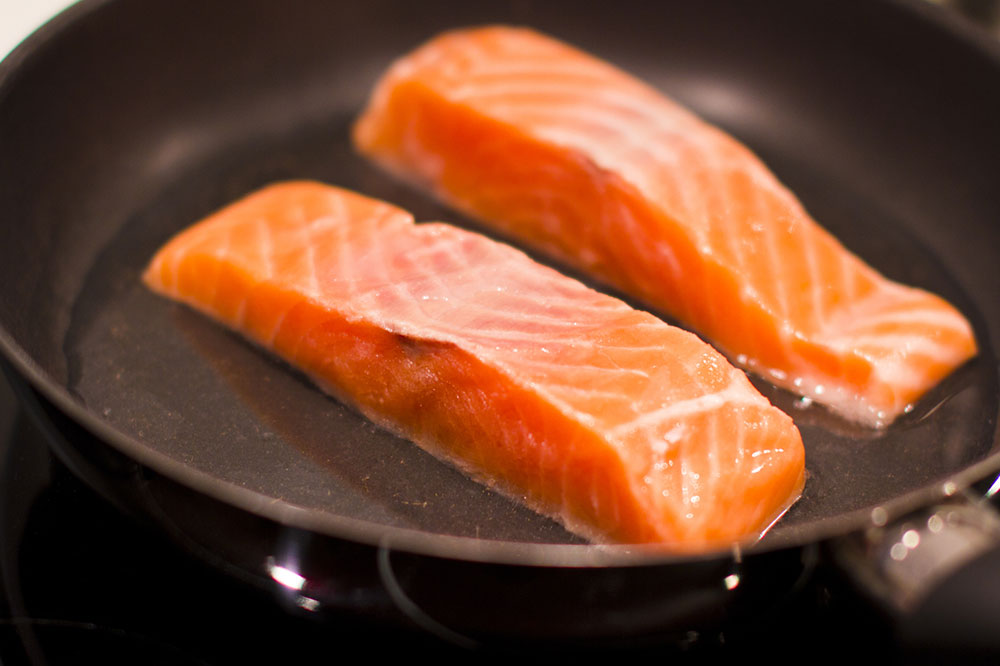Essential Nutritional Tips for a Healthy Pregnancy
Discover essential dietary tips for pregnant women to ensure the health of both mother and baby. This guide emphasizes balanced eating, including nutritious breakfast options, healthy snacks, avoiding harmful foods, limiting caffeine, and consuming fiber-rich and leafy greens to support a healthy pregnancy journey.
Sponsored

During pregnancy, women require increased amounts of folic acid, calcium, and iron. However, this doesn't mean doubling food intake; rather, making mindful choices to meet daily nutritional needs. It’s a misconception that pregnant women should eat for two—balanced, nutrient-rich foods are sufficient. Adjusting eating habits to ensure both mother and baby receive adequate nutrition supports a healthy pregnancy and childbirth. Here are key dietary guidelines for expectant mothers.
Don’t skip breakfast
Breakfast provides the energy needed to start the day.
Opt for fortified cereals combined with fresh fruits. These cereals are enriched with vital nutrients like folic acid, iron, and calcium. Choose options with minimal or no added sugar. If morning sickness makes a heavy breakfast difficult, start with a slice of whole-grain toast and eat something more substantial later.
Choose healthy snacks
Managing hunger between meals is easier with nutritious, light snacks. Low-fat or fat-free yogurt with fruit is satisfying, as are whole-grain crackers paired with low-fat cheese. Raw vegetables like carrots or celery are also excellent snack choices during pregnancy.
Stay away from raw meats and soft cheeses, as they may harbor harmful bacteria. Avoid raw or undercooked fish like sushi, and ensure processed meats like lunch meats or hot dogs are thoroughly heated. When consuming soft cheeses such as Brie, feta, or goat cheese, confirm they are pasteurized to prevent potential health risks.
Limit caffeine consumption
Caffeinated drinks can pose risks during pregnancy. Opt for decaffeinated tea or coffee, and prefer water or seltzer over soda. Avoid alcohol entirely, as it’s not safe during pregnancy.
Focus on fiber-rich foods
Including fiber in your diet helps alleviate constipation, common in pregnancy. Foods like beans, lentils, fruits (bananas, pears), vegetables (spinach, sweet potatoes), and whole grains (oatmeal, brown rice, whole wheat bread) support digestive health and provide essential nutrients.
Incorporate dark leafy greens
Vegetables such as broccoli, spinach, and kale are packed with vital nutrients including folate, iron, calcium, and antioxidants. These greens bolster the immune system and contribute to a healthy pregnancy.






